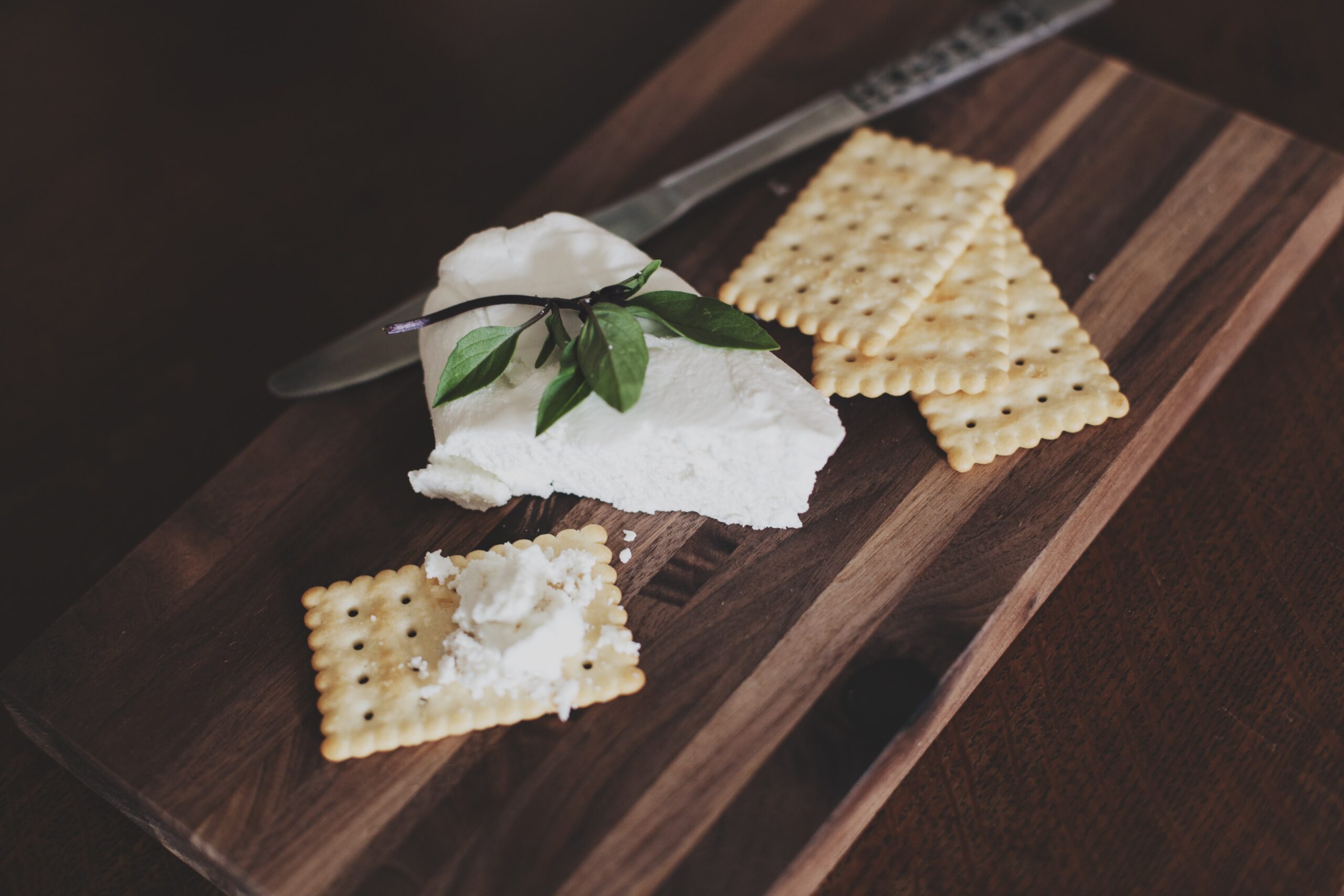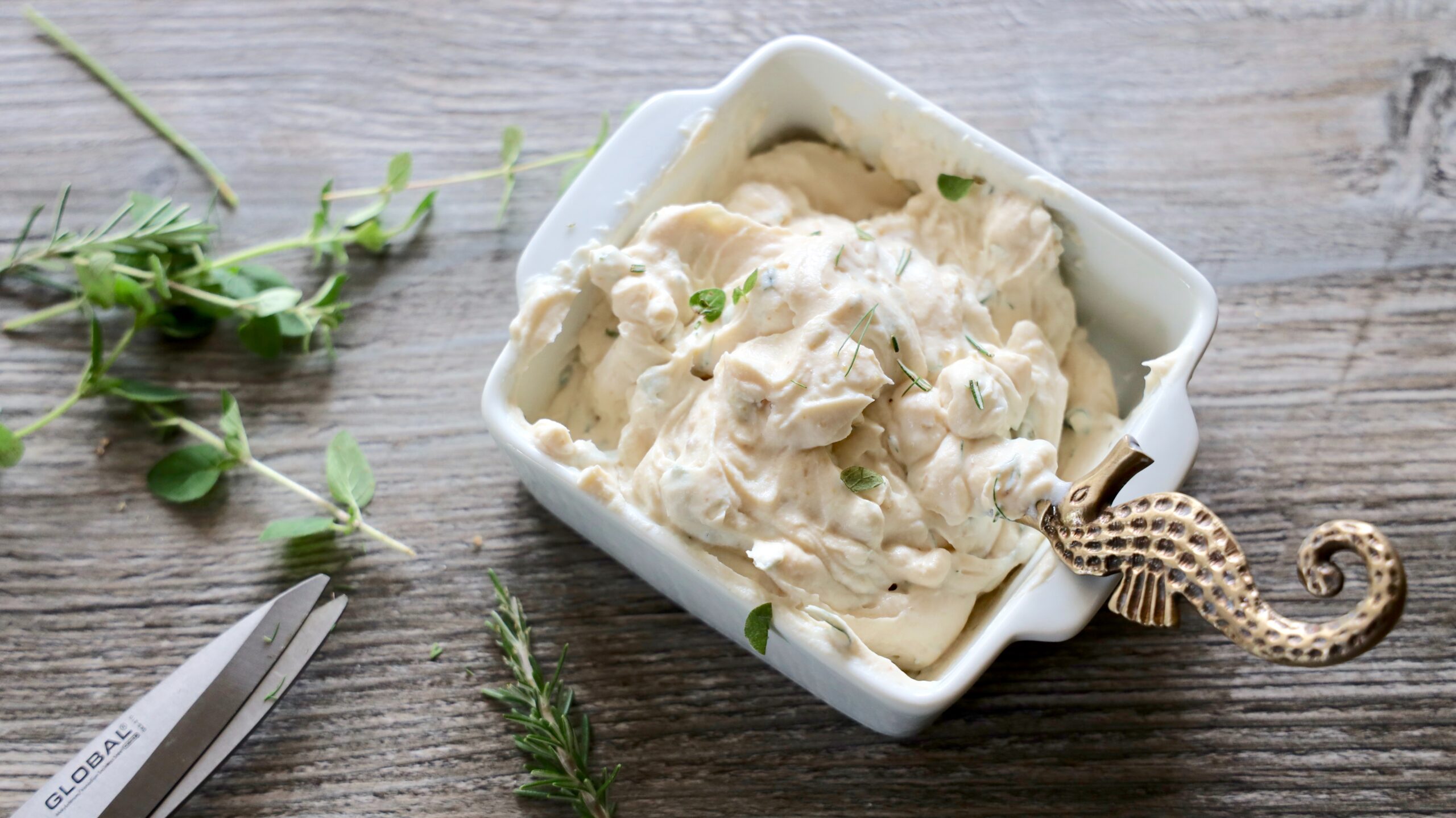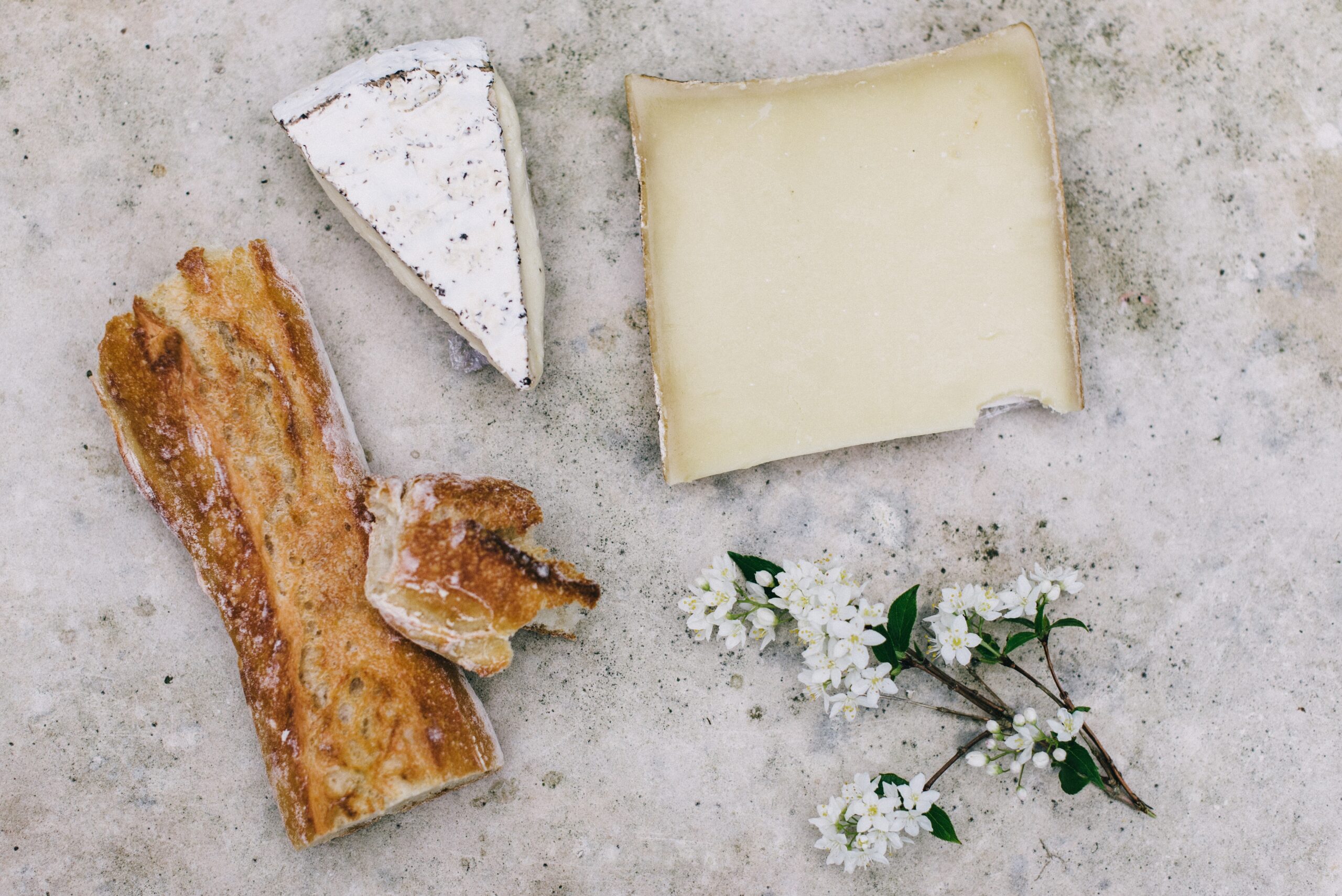Introduction
In recent years, the rise of veganism and plant-based diets has ushered in a culinary revolution, challenging traditional notions of food and opening up a world of innovative and sustainable alternatives. This revolution has challenged traditional notions of food and opened up a world of options. The development of cheese substitutes that cater to the dietary preferences and ethical convictions of the increasing number of people who are adopting a vegan lifestyle is one example of this kind of transformation that has taken place.
Both the variety of and the overall quality of vegan cheeses that are currently on the market are improving in tandem with the ongoing growth in demand for plant-based options. This surge has not only offered a glimmer of hope to those looking for compassionate alternatives, but it has also pushed the limits of flavor, texture, and creative cooking in the kitchen.
In this article, we explore the fascinating realm of vegan cheese alternatives, uncovering their origins, the science behind the creation of their products, and the exciting array of options that are revolutionizing how we experience this beloved dairy substitute. This journey promises to reveal a world of scrumptious dairy-free delights that challenge preconceived notions and invite you to savor a compassionate and flavorful future. Whether you are a committed vegan, an adventurous food enthusiast, or simply curious about the possibilities of plant-based living, this journey promises to unveil a world of scrumptious dairy-free delights.
What Exactly Is Vegan Cheese?
- Vegan cheese, referred to as plant-based cheese or dairy-free cheese, is a substitute for conventional cheese derived from animal milk that does not contain any dairy ingredients. The product is intentionally designed to replicate the flavor, consistency, and ability to melt traditional cheese, while completely omitting any components derived from animals. The emergence of this innovation can be attributed to an increasing need for food options that are both cruelty-free and sustainable. This demand is primarily motivated by ethical, environmental, and health factors.
- The production of vegan cheese relies primarily on plant-based ingredients, which can take on a wide variety of forms. These plant-based ingredients can take the form of nuts like cashews, almonds, or macadamias, as well as soy, coconut, or root vegetables like potatoes and carrots. In addition, some vegan cheeses may contain ingredients such as nutritional yeast, which imparts a cheesy, nutty flavor, as well as probiotics or enzymes, which assist in the fermentation process and contribute to the development of the cheese’s texture.
- Vegan cheese is produced using a variety of methods, including blending, fermenting, and culturing, which are frequently analogous to the procedures used in the production of conventional cheese. The selection of components and procedures can result in a wide variety of tastes and consistencies, which can range from astringent and sour to velvety and pliable.
- Vegan cheeses are available in a variety of forms, such as blocks, slices, shreds, and spreads, and they can be used in a wide variety of culinary applications, such as topping pizzas and burgers, melting into sauces, or enjoying on a cheese platter. These forms of vegan cheese can be found in stores.
- In addition, as a result of vegan cheese’s rising popularity, the product’s flavor and consistency have been the subject of ongoing research and development, and many varieties now have a flavor and consistency that are strikingly similar to those of their dairy-based analogs. Some vegan cheeses even provide additional health benefits, such as having a lower content of saturated fats and cholesterol, in addition to providing essential nutrients such as fiber, vitamins, and minerals. These cheeses can be found in health food stores.
- It’s important to keep in mind that even though vegan cheese is a more compassionate and environmentally friendly option than traditional dairy cheese, the vast array of options that are currently available on the market can vary greatly in terms of taste and texture. It is strongly encouraged to experiment with a wide range of brands and varieties to identify those that cater to one’s personal preferences as well as their specific requirements in the kitchen.
What Are the Ingredients in Vegan Cheese?
Vegan cheeses are cheeses that do not contain any animal products and are instead produced using vegetable proteins. In most cases, they are manufactured using soy, various types of nuts (such as cashews and macadamias), and vegetable oils (such as coconut oil). Agar, tapioca, peas, and arrowroot are some of the other ingredients that can be used to make cheese.
Vegan cheese is a versatile and delicious alternative to traditional cheese that does not contain any dairy. Its flavorings, textures, and functionalities are designed to be identical to those of dairy cheese, so its ingredients come exclusively from the plant kingdom. The following is a list of typical components that can be found in vegan cheese:
- Nuts
- Because of their buttery consistency and subtle flavor, nuts such as cashews, almonds, and macadamias are frequently used in cooking. They play a fundamental role as an ingredient in many different recipes for vegan cheese.
- Soybeans
- Soy-based products such as tofu and soy milk possess the potential to be utilized in the production of vegan cheese alternatives that exhibit a creamy and smooth texture.
- Coconut Oil
- Coconut oil, which is well-known for its luscious flavor and velvety consistency, is a common ingredient in vegan cheese production. This is especially true for types of cheese that require the ability to melt.
- Potatoes and Carrots
- It is possible to make a smooth base for vegan cheese by boiling these vegetables, blending them, and then combining them with other ingredients.
- Tapioca Flour
- It is common practice to use tapioca flour as a thickening agent in vegan cheese because of its ability, when cooked, to produce a texture that is similar to that of cheese and can stretch.
- Agar-agar
- Agar-agar is an alternative to gelatin that is suitable for vegans because it is made from seaweed. Cheeses can be set and made more solid with its help.
- Arrowroot Starch
- This starch can be added to vegan cheese to make it thicker and give it more structure.
- Nutritional Yeast
- Nutritional yeast, which is often referred to as the “cheesy” ingredient, gives vegan cheese a flavor that is nutty and reminiscent of cheese. It is an excellent resource for the B vitamins as well as protein.
- Lemon Juice
- The tanginess that comes from these acidic ingredients is comparable to the sharpness that can be found in certain types of dairy cheeses.
- Probiotics
- These living microorganisms are what cause fermentation, which not only adds to the flavor of the cheese but also aids in the development of its texture. They are an essential component in the production of cultured cheeses.
- Salt
- Salt is an essential component of flavor, and the amount that is added to cheese varies according to the type of cheese that is being made.
- Herbs, Spices, and Flavorings
- You can imitate certain cheese flavors by adding these ingredients, or you can create your own distinctive and individualized varieties.
- Soy
- These emulsifiers help to bind the fats and water in the vegan cheese, which contributes to the cheese’s silky and creamy consistency.
- Garlic, Onion, and Mustard
- The cheese can take on a variety of distinct flavors depending on which of these ingredients is used.
It is important to note that the combination and proportion of these ingredients can vary greatly depending on the flavor and type of vegan cheese that is being created. This is something that should be taken into consideration. This versatility enables a wide range of options, ranging from soft cheeses that can be spread to varieties of firm cheeses that can be melted. Cheese artisans can craft an impressive variety of plant-based cheeses, each with their own distinctive personality and culinary application, by carefully selecting and blending the various plant-based components that go into making the cheese.
What Are Some Store-Bought Vegan Cheese Alternatives?
- So Delicious Dairy Free Mozzarella Style Shreds
- The So Delicious Dairy Free Mozzarella Style Shreds are a vegan cheese alternative that can be found in almost every food market. They are made from a coconut base, which may sound a bit surprising for a cheese alternative, but these shreds are not sweet in the slightest. So Delicious has perfected a flavor they call “mozzarella-inspired” that can be used as a topping for homemade vegan pizzas, on pasta, or even in paninis. It is delicious in all of these applications. This alternative does not skip the melting step, which is convenient for times when you want your meal to have a little bit more cheesiness. This alternative is also gluten-free, making it a fantastic choice for new vegans who are interested in experimenting with cheeses made from plants. It is recommended for those who are interested in trying out vegan cheeses.
- Kite Hill Dairy Free Cream Cheese Alternative
- If one has a preference for bagels and cream cheese, there is no need to worry. Kite Hill’s Dairy Free Cream Cheese Alternative offers a suitable option that surpasses the traditional full-fat milk cream cheeses of previous times. The flavor of this product is characterized by its classic almond taste, while its texture is known for being creamy and smooth. Additionally, it possesses excellent spreadability. Additionally, Kite Hill has developed a variety of flavors beyond the traditional plain option, catering to diverse preferences. The aforementioned flavors, namely “Chive,” “Everything,” and “Garden Veggie,” offer a wide range of bagel options and recipe possibilities.
- Daiya Deluxe Cheddar Style Cheezy Mac
- It is widely recognized that the vegan cheezy mac that Daiya created was inspired by the company’s founders’ recollections of their childhood fantasies. The incredible aspect of this non-traditional vegan mac is that, in contrast to the majority of boxed mac and cheese varieties, it comes with a packet of vegan cheese rather than the powdered substance that is typically included in such products. To prepare this dish, you will not require any vegan milk or butter because everything that is required is already included in the box.
- Chao Creamy Original Slices
- These vegan cheese slices are the all-time favorite in terms of the “realness” factor, and they are great for use as a topping for sandwiches. Many people have complained that certain vegan cheeses have an artificial flavor or a plastic-like consistency, but you are safe in knowing that Chao is not like that at all. It is recommended that you use these in grilled cheese because they melt incredibly easily and contribute a deliciously thick factor to the dish. “Tomato Cayenne,” “Spicy Original,” “Smoked Original,” and “Garden Herb” are some of the other flavors that are available from this particular brand.
- Spicy Vegan Queso by Mother Raw
- This cheese-like sauce is fiery and hot, and it has hints of chipotle. It is made almost entirely of natural and organic ingredients, and it is made in the style of cheese. It works wonderfully as a topping for nachos, tacos, or even a bowl of rice and vegetables.
Conclusion
The limitless amounts of imagination and ingenuity that can be found in the world of plant-based cuisine are on full display in the world of cheese alternatives for vegans. Vegan cheeses have come a long way since their humble beginnings to become a delectable and versatile culinary marvel thanks to the wide variety of ingredients, painstaking craftsmanship, and commitment to compassionate and sustainable choices.
These dairy-free alternatives provide a satisfying experience for even the sharpest tastes because they offer a symphony of flavors and textures, ranging from sharp and tangy to creamy and dreamy. Vegan cheeses offer a delightful array of possibilities for both the seasoned vegan and the curious food enthusiast. These possibilities include being enjoyed on a gourmet cheese board, melting them into a comforting dish, or spreading them on top of a fresh slice of bread.
In addition to having a delicious flavor, vegan cheeses also offer a variety of nutritional benefits. They typically have lower levels of cholesterol and saturated fats than other foods, in addition to providing important nutrients such as fiber, vitamins, and minerals. This not only makes them a delicious option but also a nourishing one, which is consistent with taking a holistic approach to one’s health and wellness.




